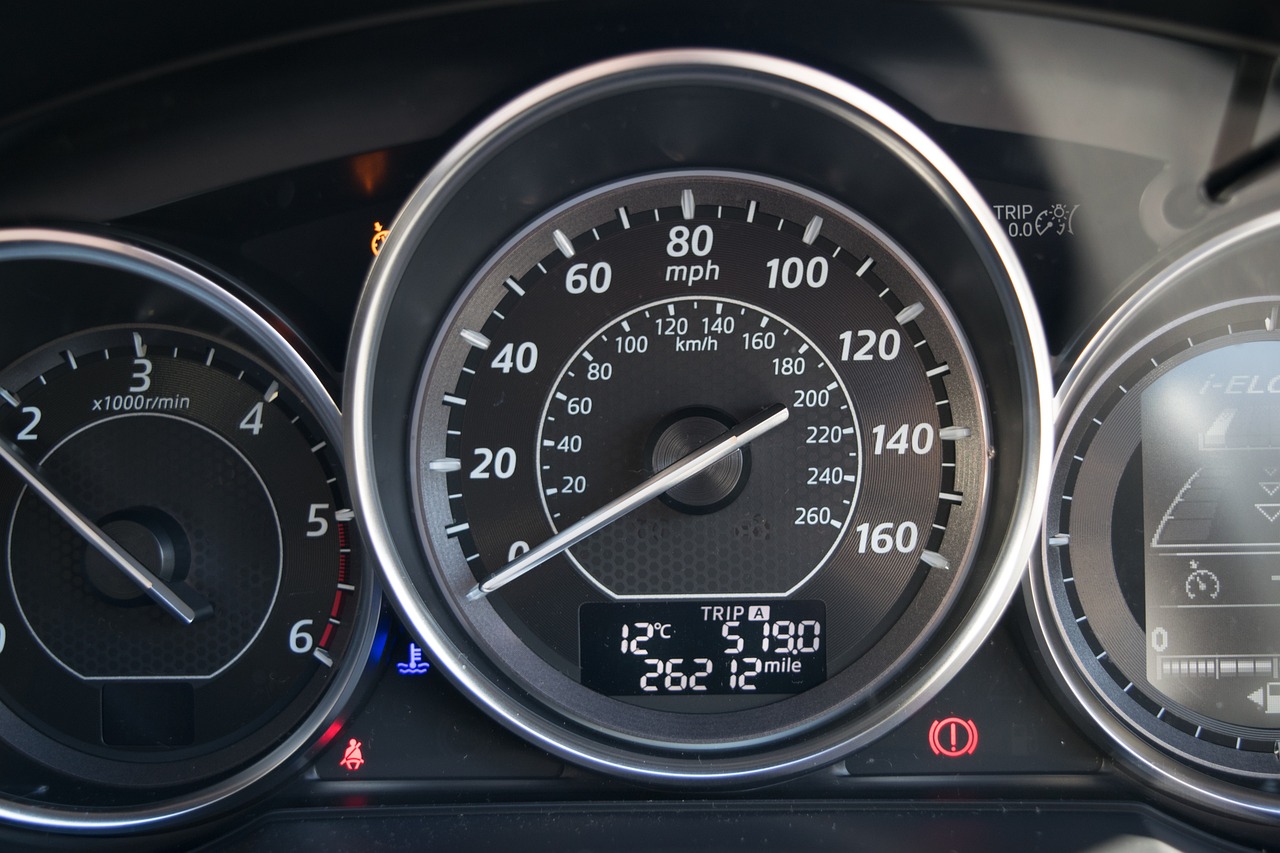Blockchain Technology: Securing Data Transactions in Autonomous Vehicles
allpanel 777, laserbook247.online, 99exch.in:Blockchain technology has been revolutionizing various industries over the past few years, and one of the sectors that can benefit greatly from this innovation is autonomous vehicles. With the rise of self-driving cars and other autonomous vehicles, securing data transactions becomes crucial to ensuring the safety and privacy of passengers.
In this blog post, we will explore how blockchain technology can be used to secure data transactions in autonomous vehicles, the benefits it brings, and the challenges that come with implementing this technology in the automotive industry.
The Need for Secure Data Transactions in Autonomous Vehicles
Autonomous vehicles rely heavily on data to operate safely and efficiently. From real-time traffic information to sensor data collected from the vehicle itself, a vast amount of data is being generated and exchanged in autonomous vehicles every second. This data needs to be stored and transmitted securely to prevent any unauthorized access or tampering.
Traditional centralized systems are vulnerable to cyber attacks and data breaches, which can have catastrophic consequences in the case of autonomous vehicles. Hackers could potentially take control of a vehicle remotely, endangering the lives of passengers and other road users. Therefore, there is a pressing need for a more secure and robust system to handle data transactions in autonomous vehicles.
How Blockchain Technology Can Help
Blockchain technology offers a decentralized and secure way to record and verify transactions. Each transaction is recorded in a block, which is then linked to the previous block in a chain, forming a secure and immutable record of all transactions. This makes it virtually impossible for any unauthorized party to alter or delete data without consensus from the network.
In the context of autonomous vehicles, blockchain technology can be used to secure data transactions between the vehicle, other vehicles on the road, infrastructure systems, and even passengers. For example, sensor data collected by the vehicle can be securely transmitted to other vehicles on the road to improve safety and efficiency. Smart contracts can also be used to automate transactions between vehicles, such as sharing road space or coordinating traffic flow.
Benefits of Using Blockchain Technology in Autonomous Vehicles
There are several benefits to using blockchain technology in autonomous vehicles. Firstly, it enhances security by protecting data against cyber attacks and unauthorized access. The decentralized nature of blockchain ensures that data is stored securely across multiple nodes, making it resilient to single points of failure.
Secondly, blockchain technology promotes transparency and trust among stakeholders in the automotive industry. With a shared ledger of transactions, all parties can access and verify the data, reducing the risk of disputes and fraud. This can be particularly useful for insurance companies, regulators, and law enforcement agencies to investigate accidents or incidents involving autonomous vehicles.
Challenges of Implementing Blockchain Technology in Autonomous Vehicles
Despite the numerous benefits of using blockchain technology in autonomous vehicles, there are still several challenges that need to be addressed before widespread adoption can occur. One of the main challenges is scalability, as the current blockchain infrastructure may not be able to handle the vast amount of data generated by autonomous vehicles in real-time.
Additionally, interoperability between different blockchain platforms and legacy systems is another hurdle that needs to be overcome. Autonomous vehicles need to communicate with a wide range of devices and systems, which may not all be compatible with the same blockchain protocol. Standardization and collaboration among industry stakeholders are crucial to ensure seamless integration of blockchain technology in autonomous vehicles.
FAQs about Blockchain Technology in Autonomous Vehicles
Q: How does blockchain technology ensure data security in autonomous vehicles?
A: Blockchain technology uses cryptographic algorithms to secure data transactions and store them in a decentralized and tamper-proof ledger.
Q: Can blockchain technology prevent cyber attacks on autonomous vehicles?
A: While blockchain technology can enhance security, it is not a silver bullet against all types of cyber attacks. Additional security measures, such as encryption and authentication protocols, are still necessary to protect autonomous vehicles from malicious actors.
Q: Will blockchain technology slow down the performance of autonomous vehicles?
A: The impact of blockchain technology on the performance of autonomous vehicles depends on the scalability and efficiency of the blockchain network. Optimizing the blockchain protocol and implementing off-chain solutions can help mitigate any performance issues.
In conclusion, blockchain technology has the potential to revolutionize data transactions in autonomous vehicles by providing a secure, transparent, and efficient way to exchange information. While there are challenges to overcome, the benefits of using blockchain in autonomous vehicles far outweigh the risks. As the automotive industry continues to embrace digital transformation, blockchain technology will play a vital role in shaping the future of autonomous vehicles and ensuring the safety and privacy of passengers.







